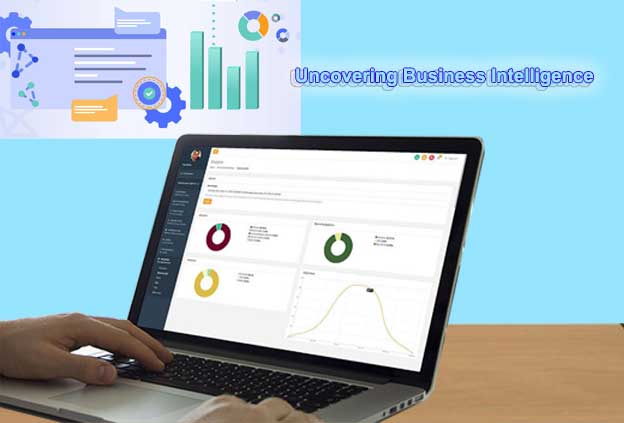Uncovering Business Intelligence: A Beginner’s Guide

Business intelligence (BI) is the process of collecting, analyzing, and visualizing data to extract meaningful insights that can be used to improve business performance.
BI can be used to answer a variety of business questions, such as:
Questions About Business
What are my best-selling products?
Which customers are most likely to churn?
Where should I open my next store?
How can I improve my marketing campaign?
BI tools can help businesses make better decisions, increase efficiency and reduce costs.
Uncovering BI
BI can be a scary topic for beginners, but it doesn’t have to be. Here’s a simple overview of BI:
Data collection: BI starts with data collection. This can involve collecting data from various sources, such as sales records, customer surveys, and website analysis.
Data preparation: Once the data is collected, it needs to be prepared for analysis. This may involve cleaning data, formatting data, and loading data into BI tools.
Data analysis: Once the data is prepared, it can be analyzed using various techniques, such as statistical analysis, data mining, and machine learning.
Data visualization: Data visualization is the process of presenting data in a visual format, such as charts, graphs, and maps. This helps make the data easier to understand and identify trends and patterns.
BI for beginners
If you’re new to BI, there are a few things you can do to get started:
Learn the basics of BI: There are many resources available online and in libraries that can teach you the basics of BI.
Choose a BI tool: There are many different BI tools available, so it’s important to choose the right tool for your needs. Consider your budget, technical expertise, and data needs when selecting a BI tool.
Start small: Don’t try to do too much too fast. Start by focusing on the specific problem or question you want to answer with BI.
Get help: If you need help getting started with BI, there are many people and resources available to help you. You can talk to a BI consultant, join a BI community, or take a BI course.
Benefits of BI
A number of benefits for all business scales
BI can provide a number of benefits for businesses of all sizes, including:
Better decision making: BI can help businesses make better decisions by providing insights into their data. These insights can be used to identify trends, opportunities and risks.
Increased efficiency: BI can help businesses increase their efficiency by automating tasks such as data preparation and analysis. This frees up employees to focus on more strategic tasks.
Reduce costs: BI can help businesses reduce costs by identifying areas where they can save money. For example, BI can be used to identify inefficient processes and unprofitable products.
Increased revenue: BI can help businesses increase revenue by identifying new opportunities and improving their marketing and sales campaigns.
Conclusion
BI is a powerful tool that can help businesses of all sizes improve their performance. By using BI, businesses can make better decisions, increase efficiency, reduce costs, and increase revenue.